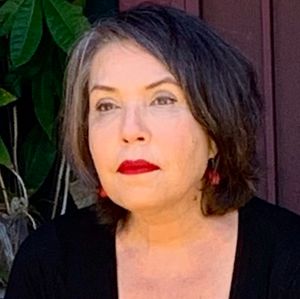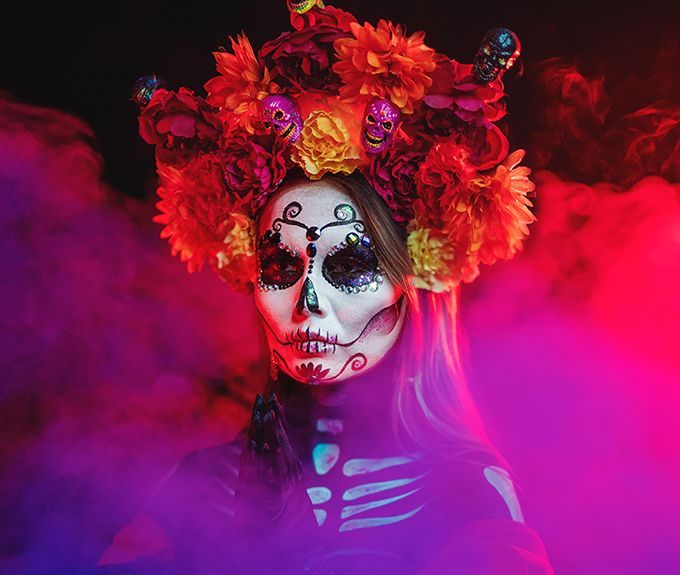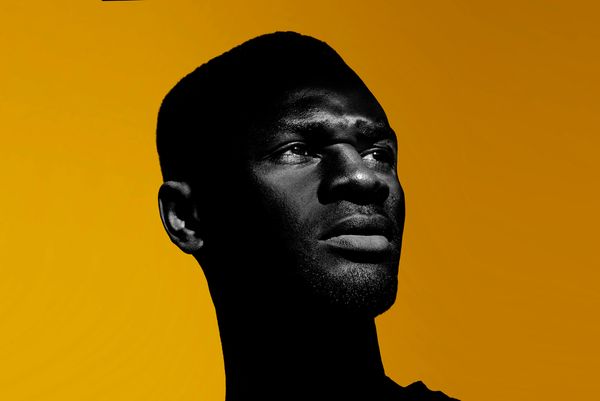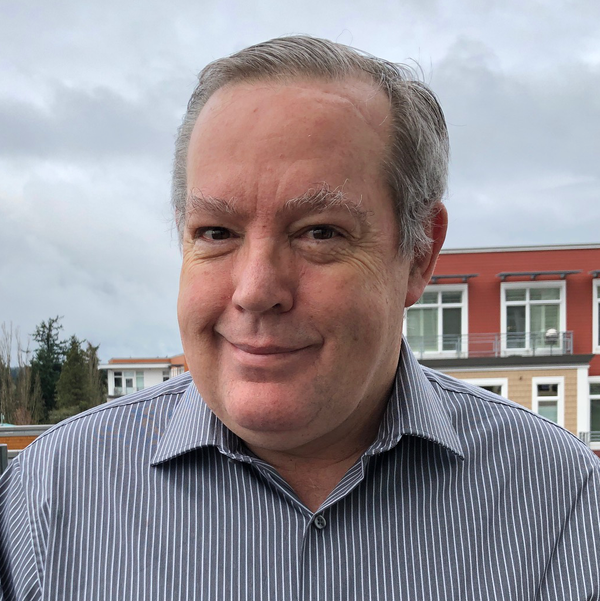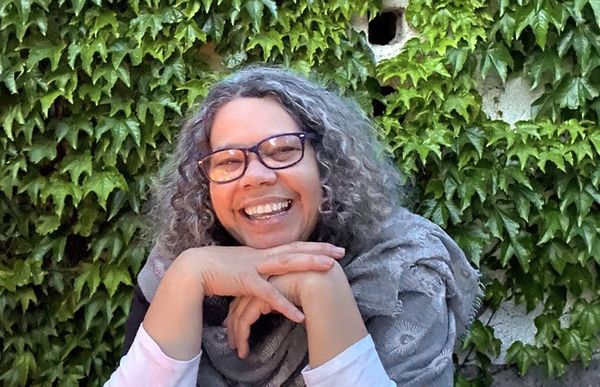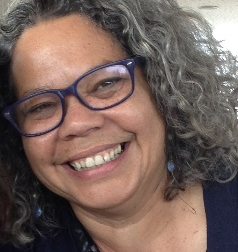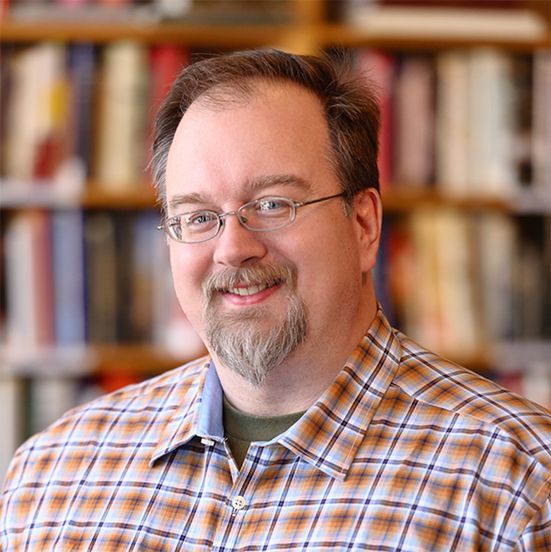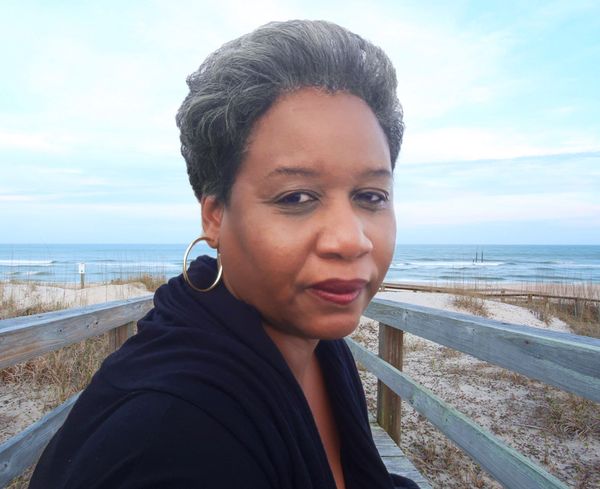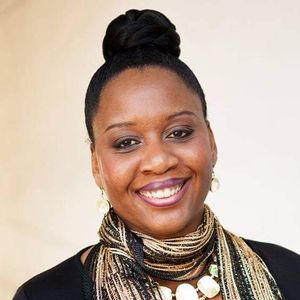Letter from the Editor:
Announcing the “OHF Family Tree” Series
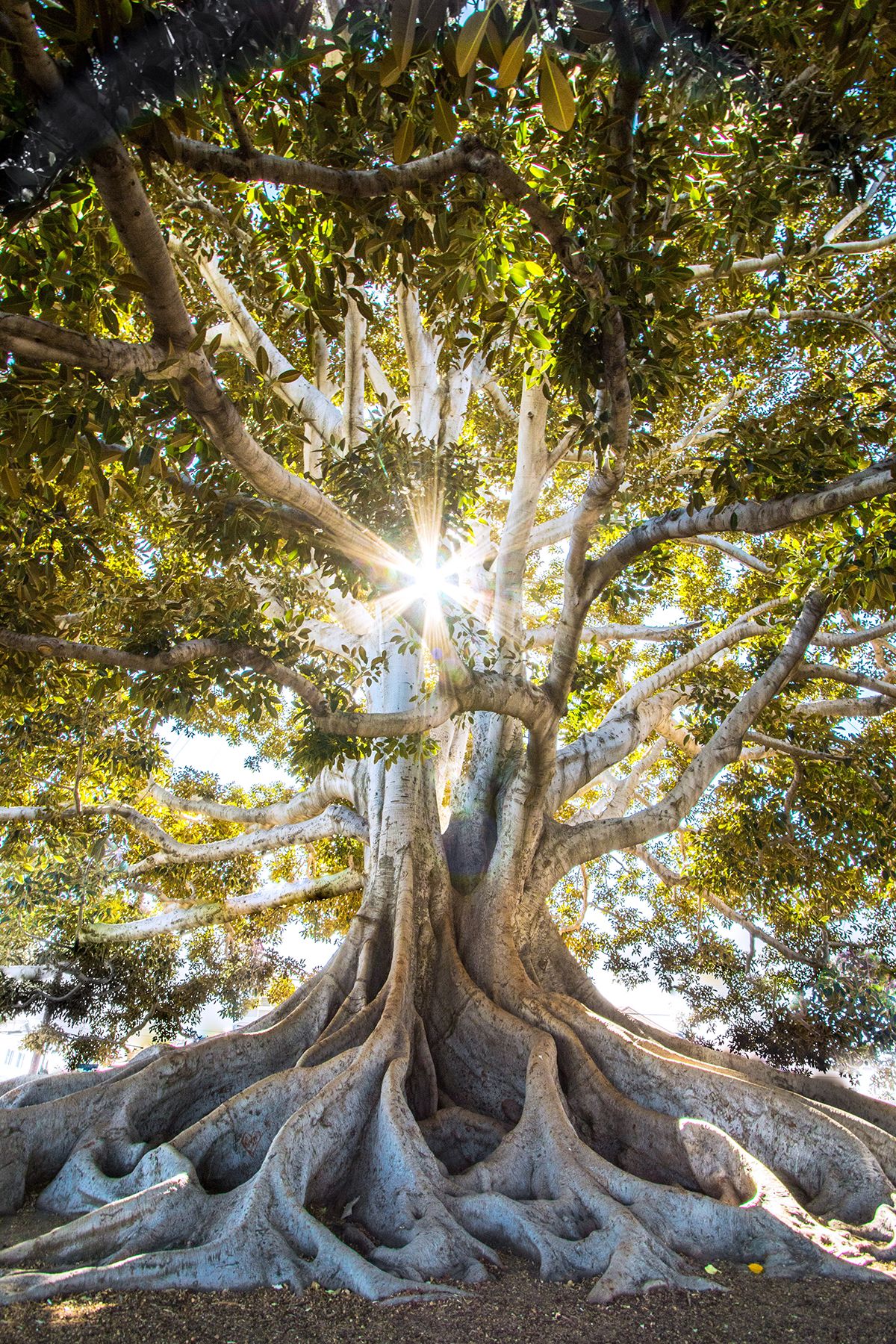
Today we begin our new series, “OHF Family Tree,” in which OHF Weekly editors take readers beyond our stories of racial equity, allyship, and inclusion, and chat with the writers who make our articles possible.
We want this to be a two-way conversation, so we encourage you to leave comments or questions in the comments section near the bottom of each newsletter. Your thoughts don’t have to be written perfectly. Just jot down what’s on your mind. Writers and editors alike thrive on feedback, but we’ll never know for sure if we stuck the landing or kicked a wide right without your response. Plus, we’re all family here.
And because there’s no more paywall, you can now share any OHF Weekly newsletter or article with your friends and family free of charge. Dive in, the reading is free!
Love one another.
Clay Rivers
Our Human Family, Founder and Editor-in-Chief
The Consuelo G. Flores Interview
Consuelo Flores, the youngest of ten siblings in a Mexican immigrant family, multidisciplinary artist, and Legacy Artist of the world-renowned Self Help Graphics & Art in East Los Angeles, shares with OHF Weekly editors her passion for words, her inspiration for advocacy, and the meaning of Día de los Muertos (Day of the Dead).
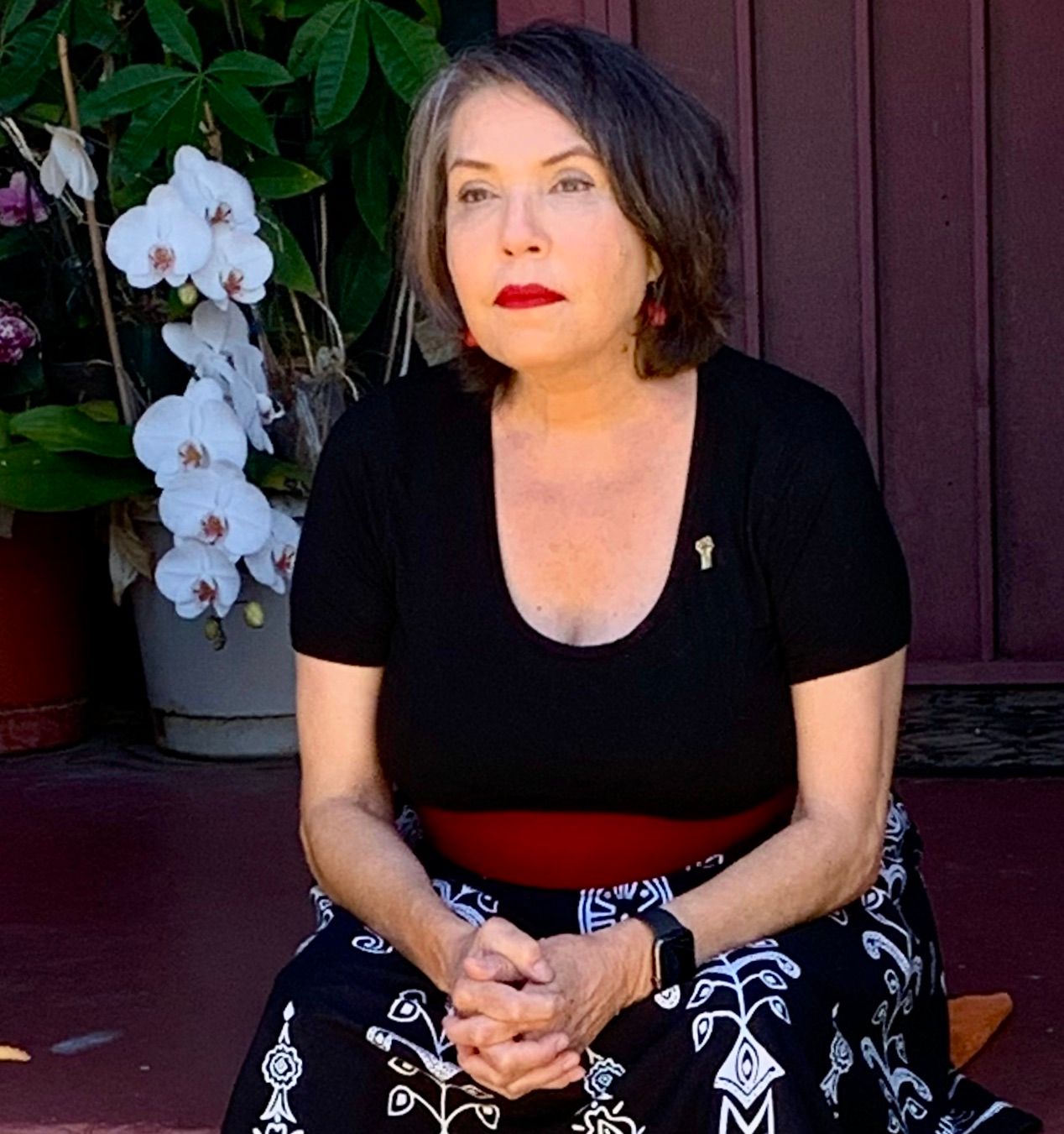
OHF Weekly In four sentences, how would you tell us you’re on Team Racial Equity without saying you’re on Team Racial Equity?
Consuelo I live by the understanding that we are all the same in the grave. Our faces are essentially masks of flesh and underneath we are all the same. During the Day of the Dead celebrations, that reality is brought forth when people “pull out” the skull beneath the face with make-up. This celebration helps us to recognize that we have a finite period on earth, and we should celebrate life–all life–for the gifts we receive from our interactions. Each person we encounter, even for a moment and no matter what background, can have a lasting impact on our lives. And so, we honor and memorialize those who have passed who have given us these intangible gifts; we come to terms with our own mortality; and we celebrate all life on a daily basis.
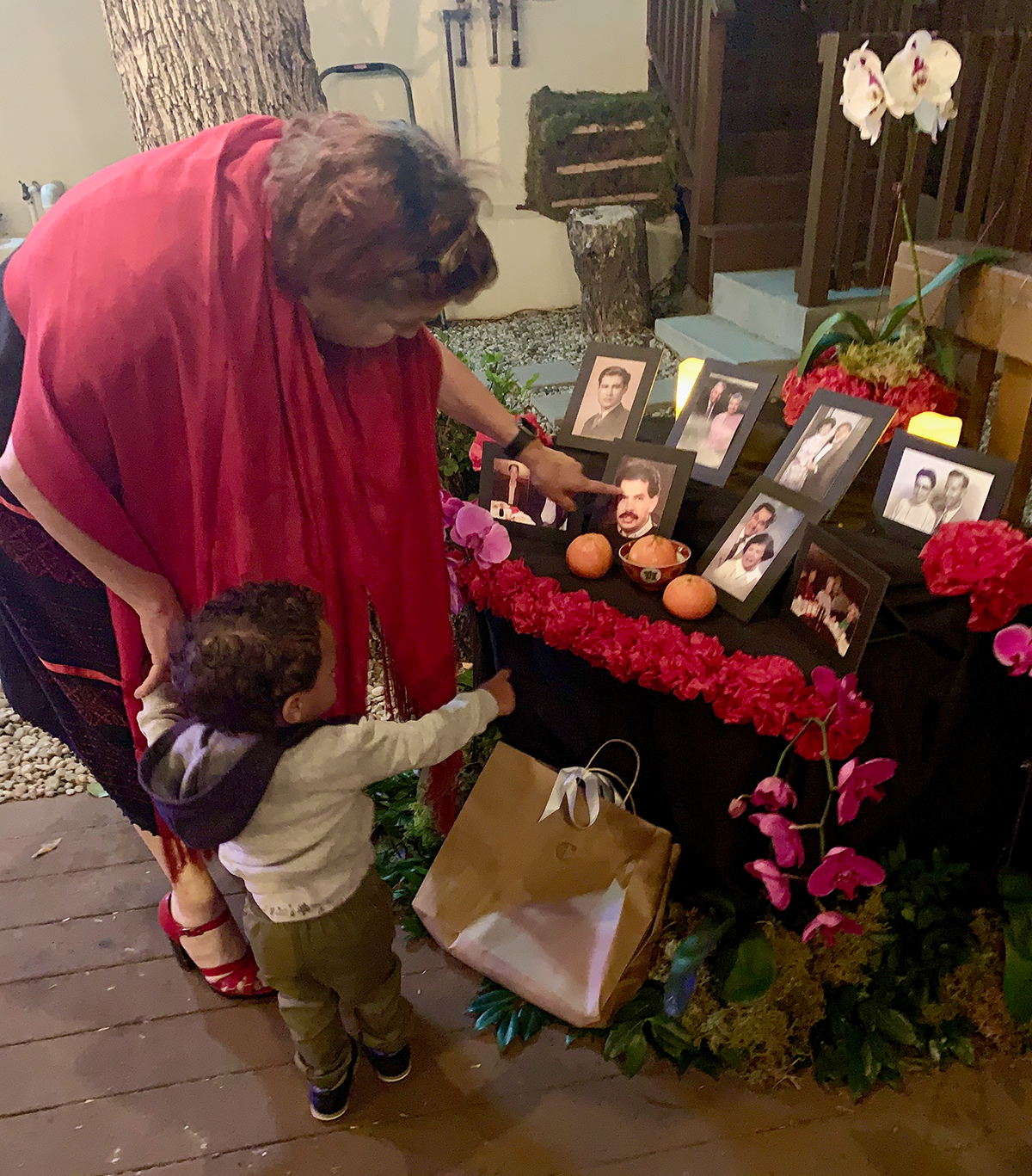
OHF Weekly What was the moment you decided to write and publish your works for the world to read?
Consuelo When I was a little girl, I learned about the world beyond my own experiences by reading books. I realized that there was an abundance of stories from ordinary to extraordinary people that I wanted to emulate. I wanted to be Florence Nightingale, Helen Keller, Harriet Tubman. I wanted to speak like Frederick Douglass and Martin Luther King, Jr. I wanted to fight for justice like Cesar Chavez and Dolores Huerta, and I recognized that the only reason I knew about so many amazing people, I knew their stories, is because I read them in books. These were the storytellers and documentarians who captured the lives of engaging people through words, and I wanted to share my own. I knew then that my experiences could help other girls like me, who wanted/needed to see themselves and their stories in texts that were accessible and authentic.
OHF Weekly In your opinion, what’s the biggest obstacle to people changing their race-based thinking and actions for a more equitable worldview?
Consuelo I believe the biggest obstacle to changing race-based thinking and actions is fear. Fear of the unknown. Fear of having to change. Fear of getting left behind. Fear of losing (however that looks for different people). Fear of being uncomfortable. Fear of having to learn something new and unlike what they’re used to. Fear of having less or of possessions being taken away.
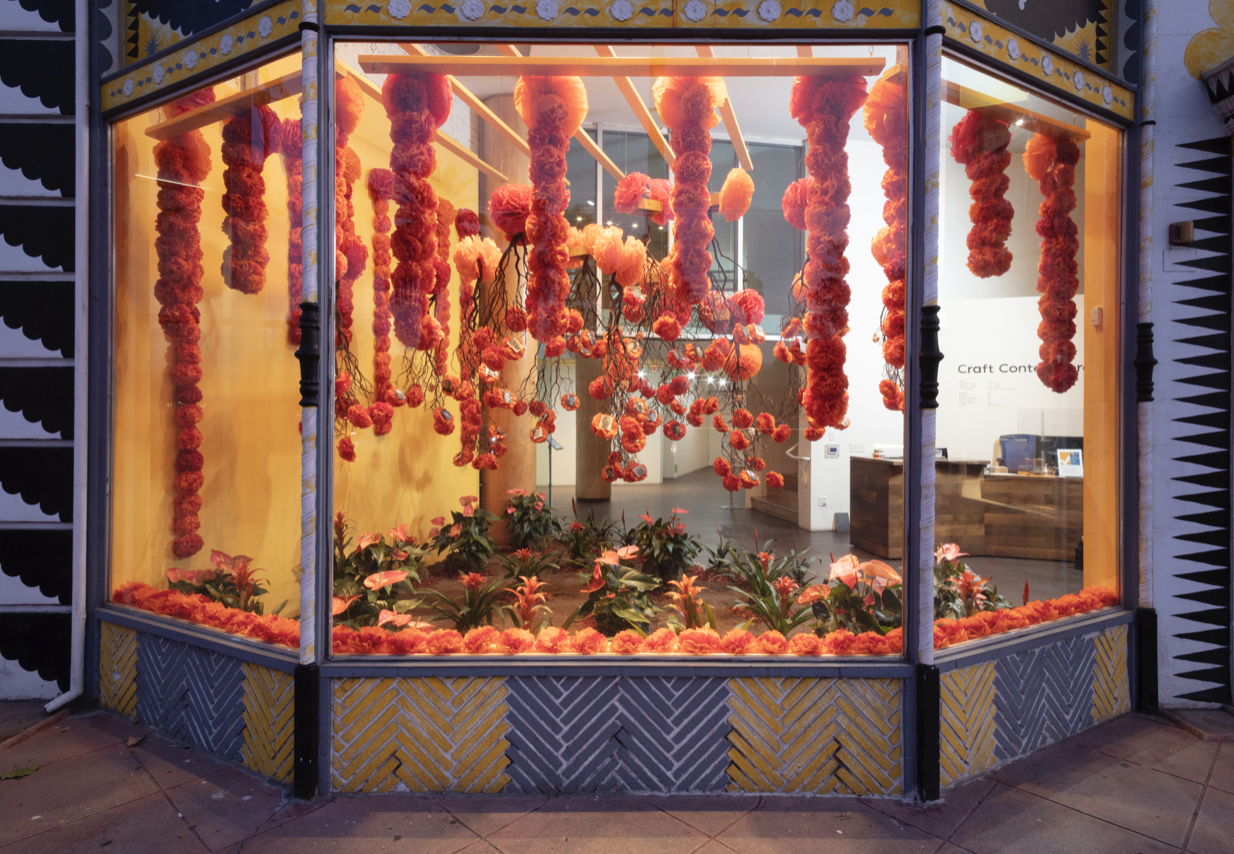
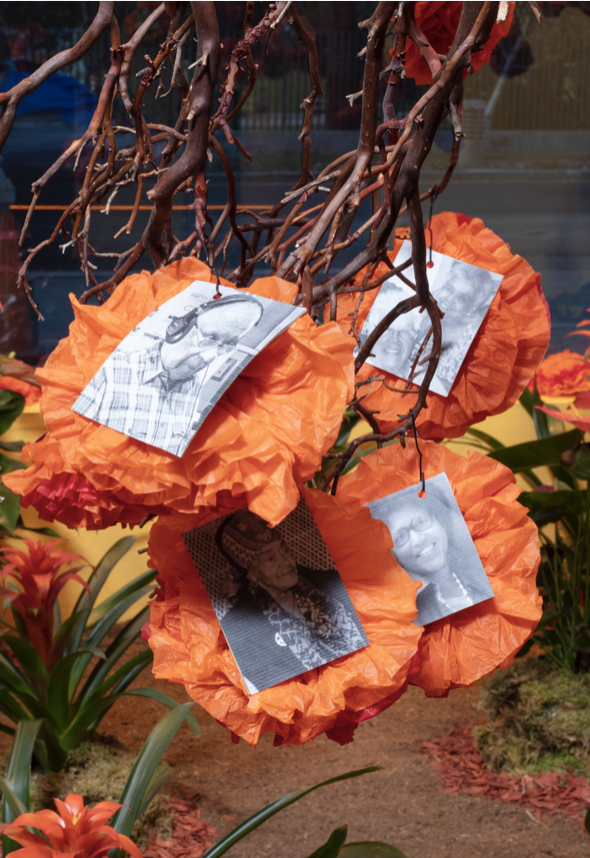
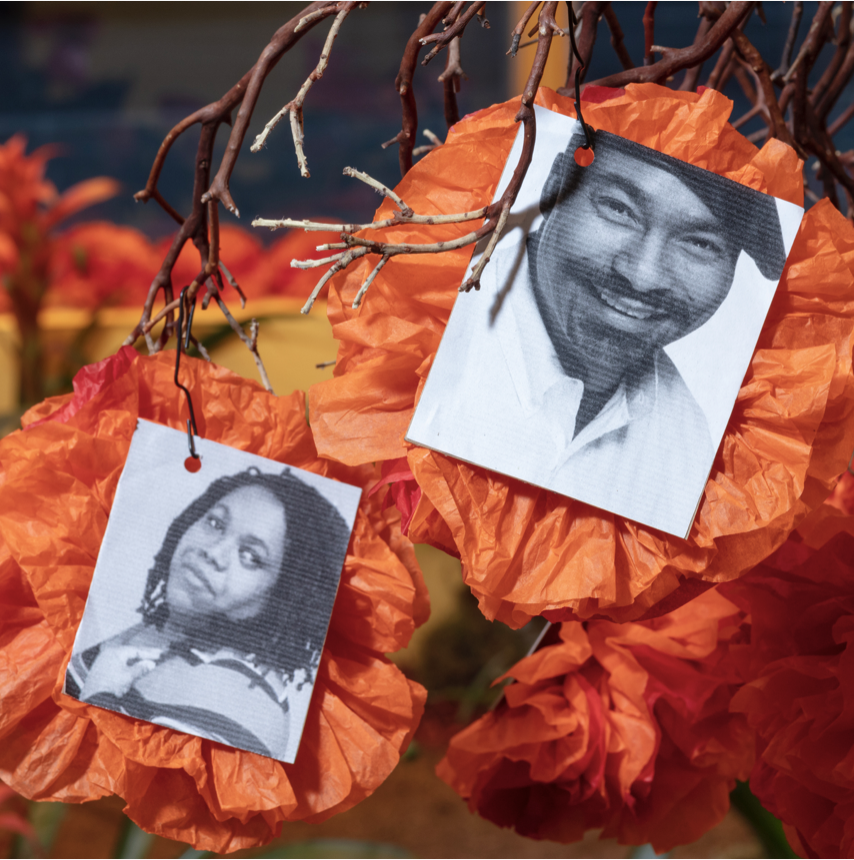
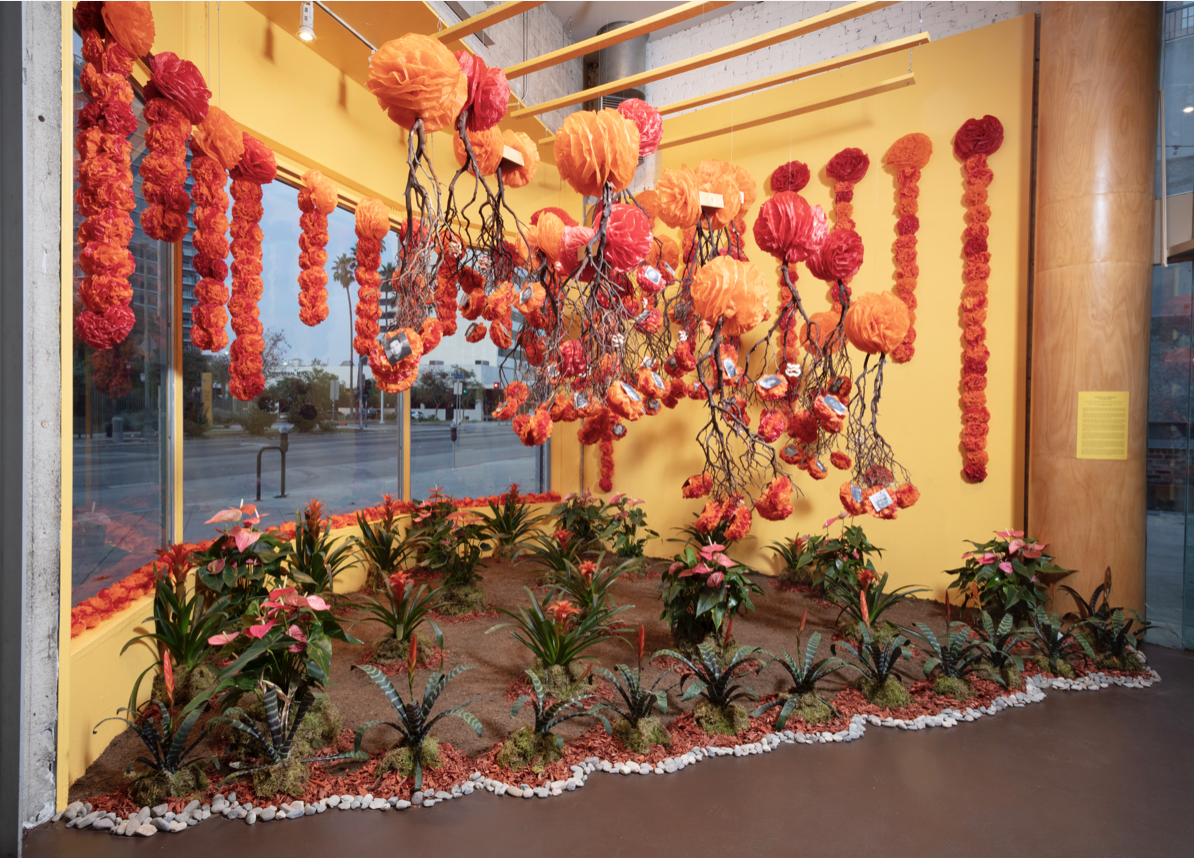
I go back to my celebration of Day of the Dead. Most people fear death–it is an unknown. Yet, this celebration helps us to recognize the common fate we’ll all experience. If we can understand that yes, we are different, we can learn from each other and make our lives richer and fuller as we share our joys, heartbreaks, gains, and losses, then we can stop being fearful. We can stop creating obstacles because they are often human constructs then we can all have a seat at a very rich, robust, and inclusive table.
OHF Weekly To write about racism, racial inequity, oppression, and the like, writers have to dig deep into a disconcerting reality, sometimes that involves self-examination. What’s been your most revealing article and why?
Consuelo The most challenging part of writing about racism and the realities associated with it is identifying racist behaviors/beliefs within my own family and coming to terms with the possibility that they won’t change. The reality is that in my family, people who I loved discriminated against others because of their ethnicity, wanted me to subscribe to their ideas and I followed them because it was easier. The fear of being othered, of creating conflict for myself and not being comfortable in my own family, outweighed what I knew in my heart to be right.
When I started hiding friendships because they were not Mexican, I recognized my own shortcomings and made the decision to counter racism in whatever manner I could. Much of my written work has been about me overcoming obstacles–social, economic, those based on gender or age, and those based on race. Writing gives me the opportunity to deeply examine issues most people–including me–have a hard time facing. Truth is much harder to write but ultimately, much healthier and more satisfying as I shed negative energy with each pass of the written word.
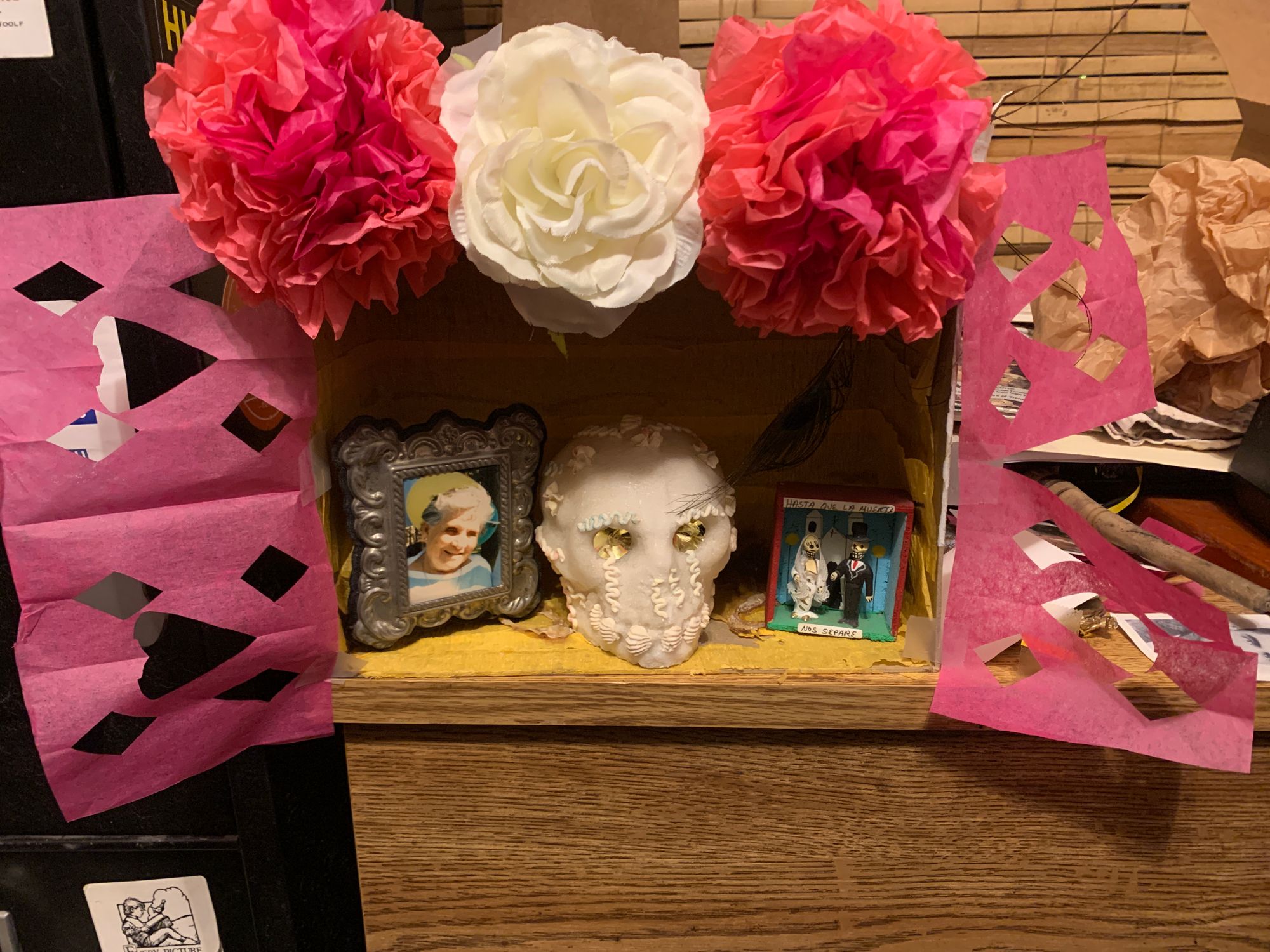
OHF Weekly What is the one thing, one principle, you’d like for your readers to take with them from your body of work on racial equity and why?
Consuelo I want readers to remember the saying from Mexico: “We’re all the same in the grave.” I want readers to understand that fundamentally, I am no different from them, just as that person is no different from me–we are human beings, part of the human family. What makes us different is our personal practices. Our journeys are colored by the pallets of paint we call experiences. When we cross paths through the written word, we bring to that intersection our unique cultural perspectives and encounters. When someone reads my work, I want that person to remember that circumstances and social constructs dictated much of what created my life and my perspective. With each new chapter, I’ve continued my personal education in understanding and appreciating others and their journeys, expanding, and contracting the definition of race with each interaction. The main principle I’d like for people to take away–is simply that ultimately, I’m not that much different from them.
OHF Weekly With all that’s going on in the world, why do you still write about racial equity, allyship, and inclusion?
Consuelo I write about what is important to me, especially when I feel that my words can make a difference. I believe in using the language of the oppressor, gently tweaking it so that it’s still familiar but giving it a slightly different take on the subject I’m writing about. I write about benign experiences such as having a routine medical procedure in which my doctor was Black, my nurse was Asian and my husband, who is White, was in the room with me, to continually enforce the idea of shared normal experiences. The topics I write about depict a regular life in which love, conflict, identity, death, and the unexpectedness of life serve as a common thread, making discrimination more questionable and taking racism apart one word at a time.
OHF Weekly Consuelo, thanks for your time today.
Consuelo Thank YOU! It was truly my pleasure.
Consuelo G. Flores’s Short List
Want to read another work by Consuelo? We’ve got you covered. Here’a link to her chapter from our book, Fieldnotes on Allyship: Achieving Equality Together.
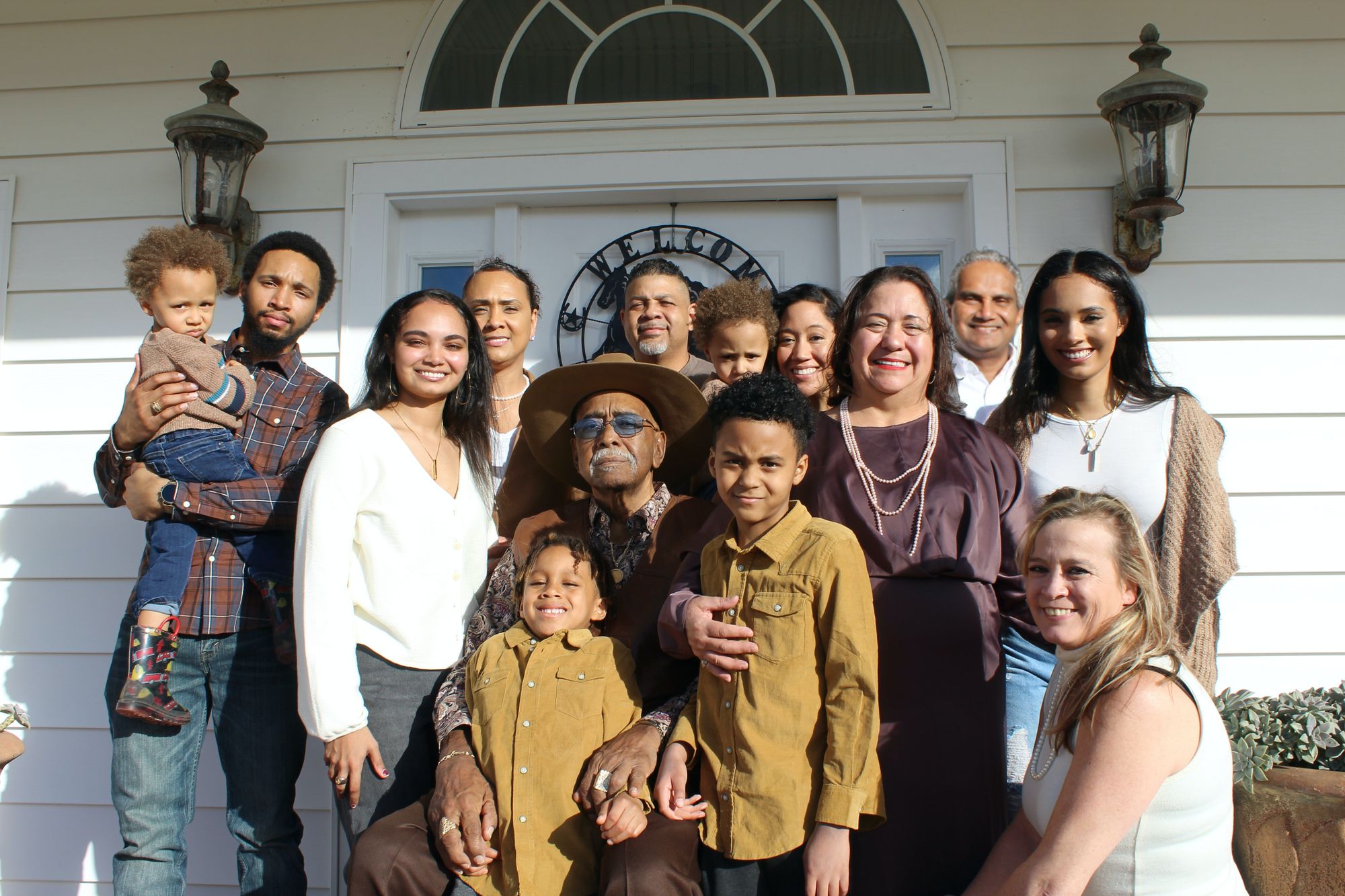
New This Week
The second in Sylvia Wohlfarth’s series on abolitionist, author, editor, and suffragist, Frederick Douglass, and his impact on Ireland.
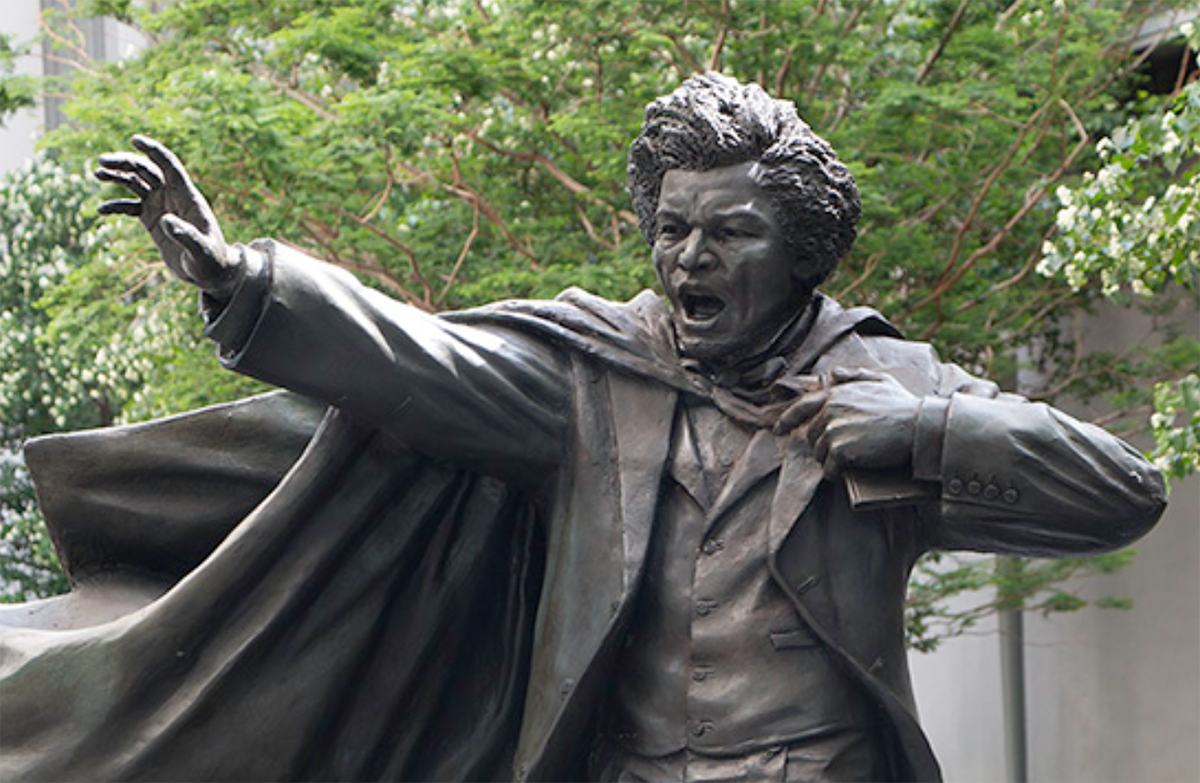
Sign up for OHF Weekly

Sign up for free email delivery of OHF Weekly and articles. In the new “OHF Family Tree” series, OHF Weekly presents profiles on the writers and articles that have established us as a valuable and accessible resource for people interested in racial equity, allyship, and inclusion. Don’t miss out. Sign up now!
Please Give
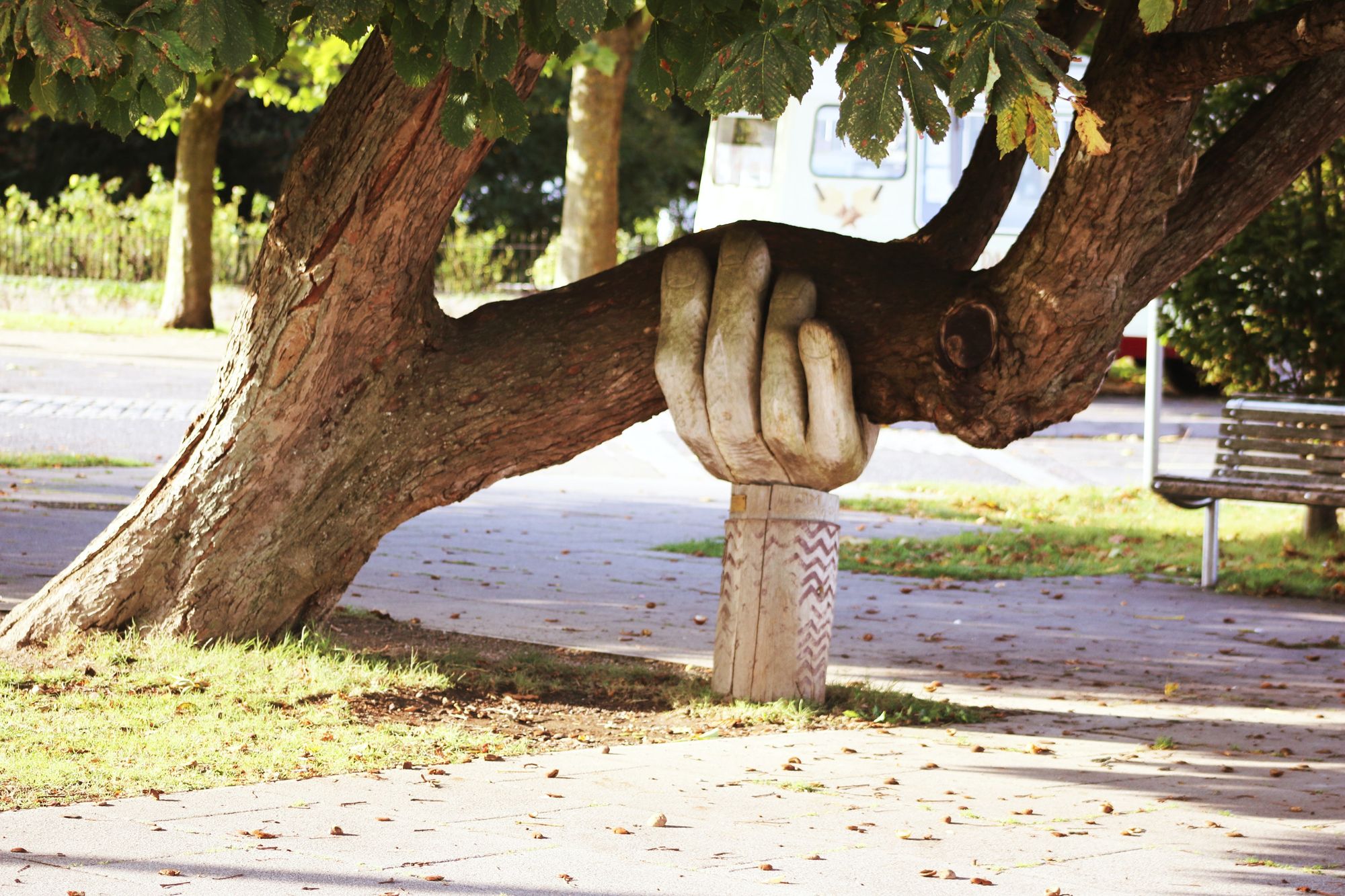
Please give. The subject of racism is broad and complicated. Its components require close examination and nuanced explanation. While our message is singular, we must tailor our conversations and presentations to bring awareness to these aspects. These items must also be updated to reflect the challenges of the times.
We cannot do the work of racial equity without the support of people like you. In the same way that it takes a village to raise a child, it will take all of us to end racism and create a more equitable world. Racism does just harm its victims, it harms its perpetrators and bystanders. Racism harms everyone. Our Human Family, a registered 501(c)(3) charitable organization, is working to bring an end to racism and establish a society rooted in racial equity.
Your tax-deductible donations will help us continue our anti-racism work.
Please support the critical work and word of Our Human Family at the forefront of the national conversation on better race relations and widespread equality in America. Thank you for your support.
Final Thoughts
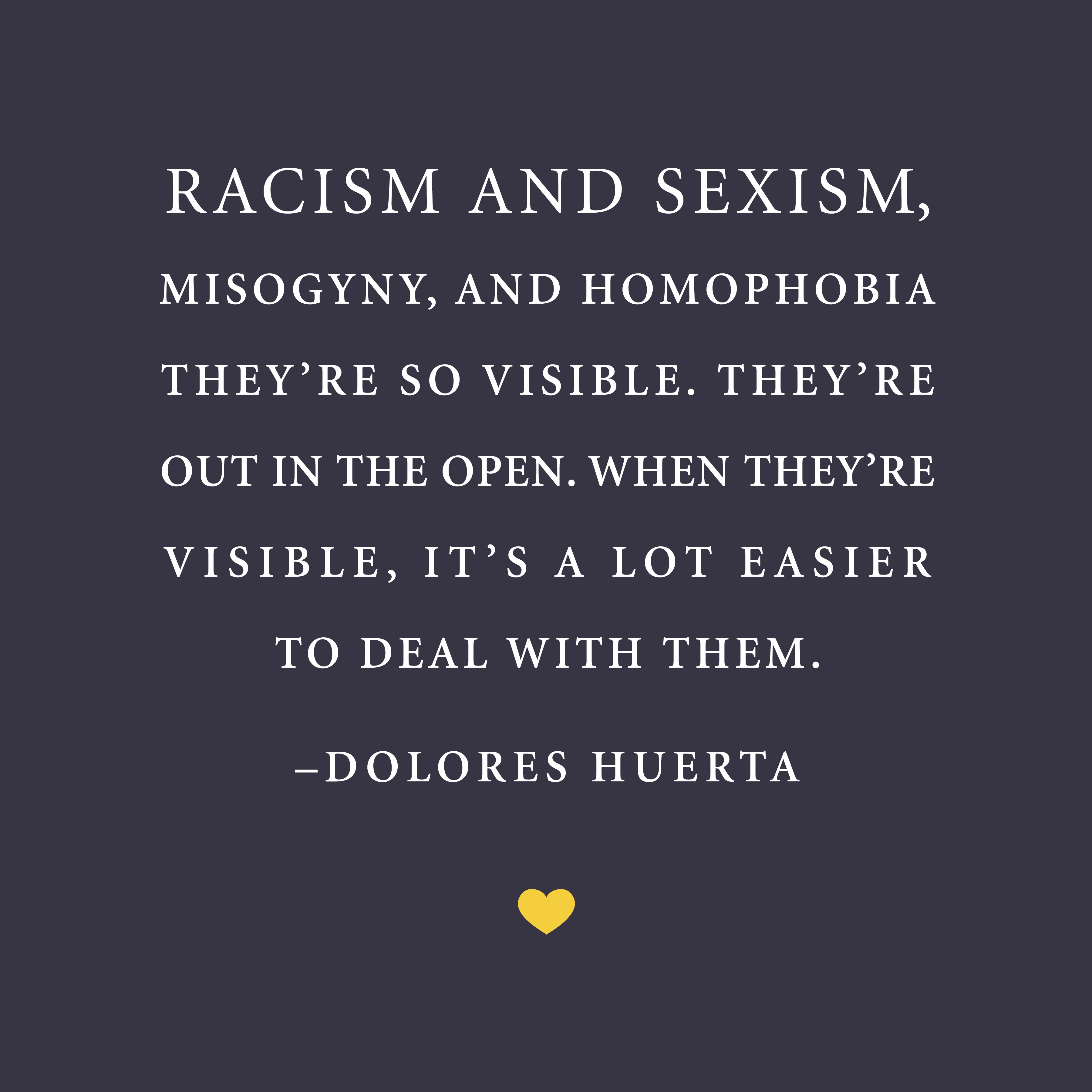
Love one another.
Top photo by Miguel Gonzalez on Unsplash


